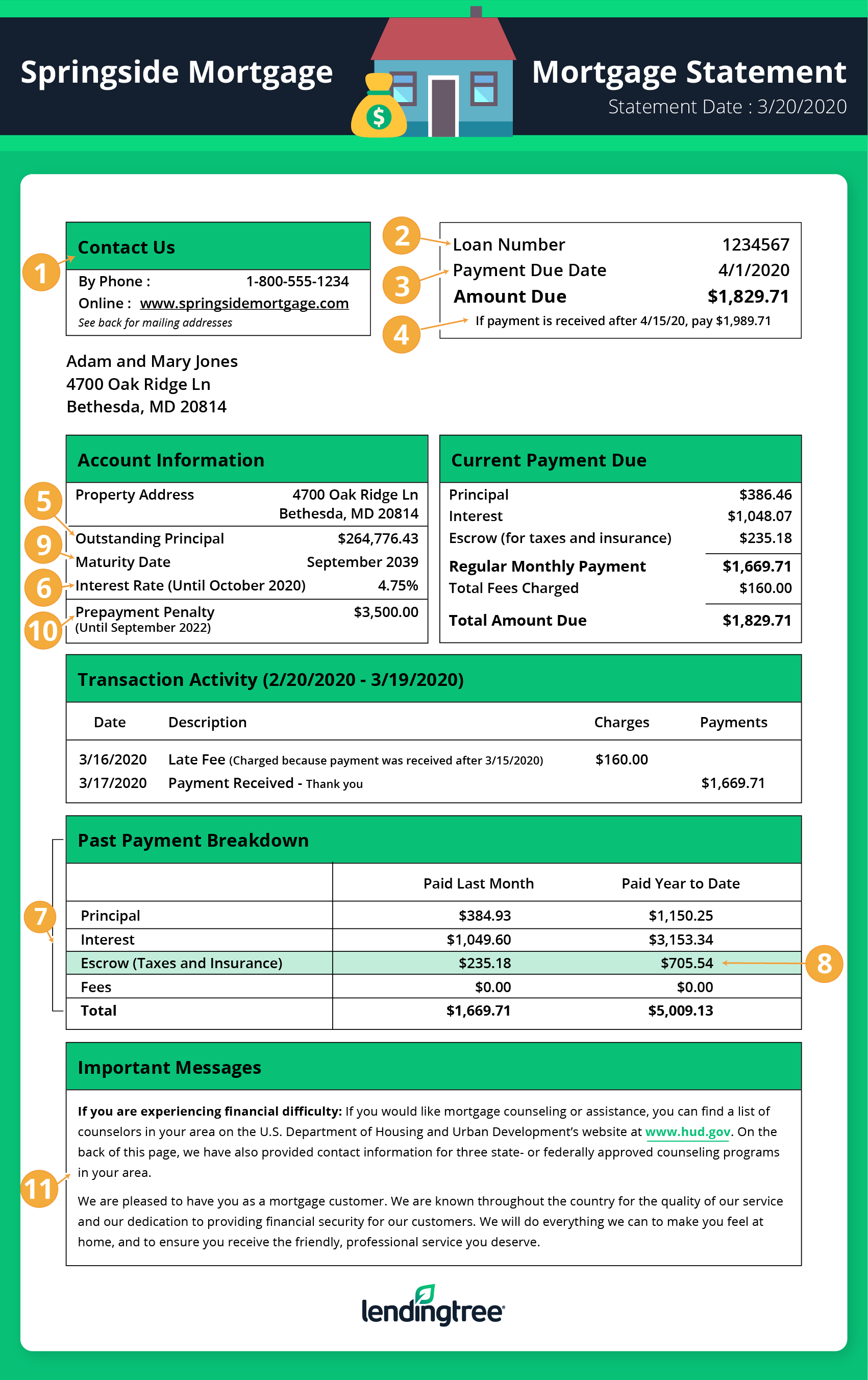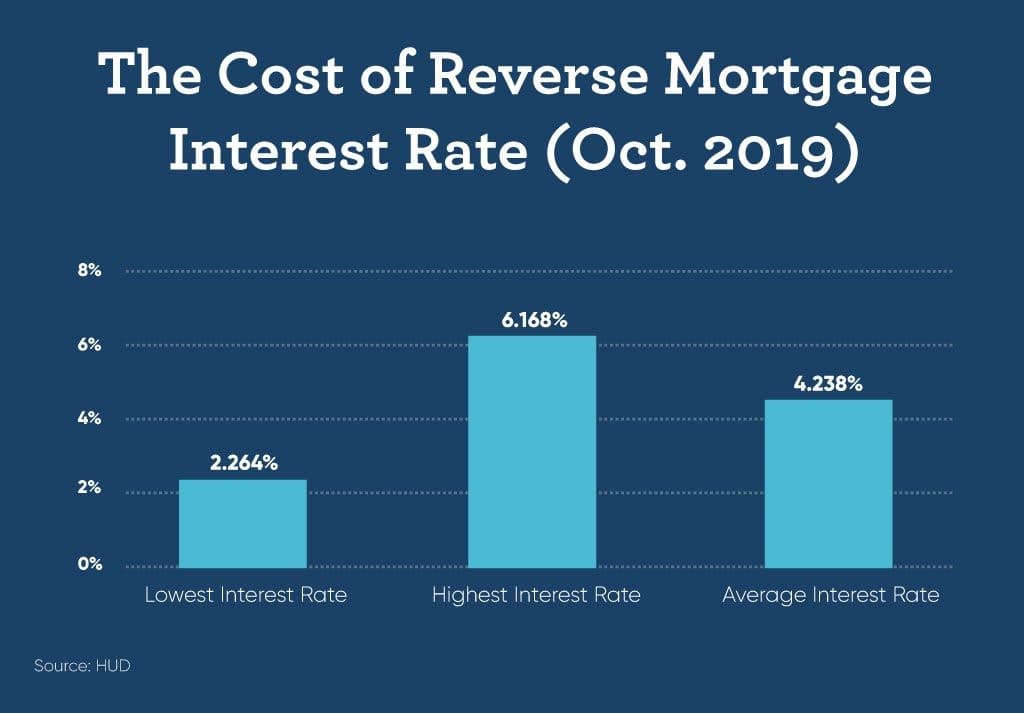The main benefit of this program (and it's a huge one) is that customers can get 100% financing for the purchase of a home. That indicates no deposit whatsoever. The United States Department of Farming (USDA) offers a loan program for rural customers who fulfill specific income requirements. The program is handled by the Rural Real Estate Service (RHS), which is part of the Department of Farming.
The AMI differs by county. See the link listed below for information. Integrating: It is very important to note that customers can combine the types of home mortgage types discussed above. For instance, you might pick an FHA loan with a fixed rate of interest, or a traditional mortgage with an adjustable rate (ARM).
Depending on the quantity you are trying to borrow, you might fall under either the jumbo or adhering classification. Here's the difference between these 2 mortgage types. A conforming loan is one that satisfies the underwriting guidelines of Fannie Mae or Freddie Mac, particularly where size is concerned. Fannie and Freddie are the two government-controlled corporations that purchase and offer mortgage-backed securities (MBS). House owners seeking a house equity loan who would also take advantage of re-financing their current mortgage. House owners looking for a home equity loan who would get little or no savings from re-financing their existing home loan. Undersea debtors or those with less than 20 percent home equity; those seeking to refinance at a lower rate of interest; debtors with an ARM or upcoming balloon payment who wish to transform to a fixed-rate loan.
Novice property buyers, purchasers who can not put up a large deposit, customers purchasing a low- to mid-priced home, buyers seeking to buy and enhance a house with a single home loan (203k program). Borrowers buying a high-end home; those able to install a down payment of 10 percent or more.
Non-veterans; veterans and active responsibility members who have tired their basic entitlement or who are wanting to acquire financial investment home. First-time purchasers with young households; wesley financial those presently residing in congested or outdated housing; locals of backwoods or little neighborhoods; those with restricted earnings Urban dwellers, households with above-median earnings; single individuals or couples without children.
Among the very first questions you are bound to ask yourself when you want to buy a home is, "which home mortgage is best for me?" Basically, purchase and re-finance loans are divided into fixed-rate or variable-rate mortgages - what do i need to know about mortgages and rates. When you choose on fixed or adjustable, you will likewise require to think about the loan term.
Rumored Buzz on What Were The Regulatory Consequences Of Bundling Mortgages
Long-term fixed-rate home mortgages are the staple of the American home loan market. With a set rate and a fixed regular monthly payment, these loans offer the most stable and predictable cost of homeownership. This makes fixed-rate mortgages preferred for property buyers (and refinancers), specifically sometimes when rates of interest are low. The most common term for a fixed-rate home loan is 30 years, however shorter-terms of 20, 15 and even 10 years are likewise offered.
Considering that a higher regular monthly payment restricts the amount of home mortgage a provided income can support, many property buyers decide to spread their regular monthly payments out over a 30-year term. Some home mortgage lenders will enable you to tailor your home mortgage term to be whatever length you want it to be by changing the regular monthly payments.
Considering that regular monthly payments can both increase and fall, ARMs bring risks that fixed-rate loans do not. ARMs are useful for some borrowers-- even very first time borrowers-- however do need some additional understanding and diligence on the part of the customer (what do i need to know about mortgages and rates). There are knowable threats, and some can be managed with a little planning.
Conventional ARMs trade long-lasting stability for regular changes in your rate of interest and regular monthly payment. This can work to your benefit or drawback. Standard ARMs have rate of interest that adjust every year, every three years or every 5 years. You may hear these described as "1/1," "3/3" or " 5/5" ARMs.
For example, preliminary interest rate in a 5/5 ARM is repaired for the very first 5 years (what are the interest rates on 30 year mortgages today). After that, the interest rate resets to a brand-new rate every five years till the loan reaches the end of its 30-year term. Standard ARMs are generally used at a lower initial rate than fixed-rate mortgages, and usually have repayment terms of thirty years.
Naturally, the reverse holds true, and you could end up with a greater rate, making your home loan less budget-friendly in the future. Keep in mind: Not all lenders use these items. Standard ARMs are more favorable to property buyers when rate of interest are fairly high, because they provide the chance at lower rates in the future.
Some Known Details About What States Do I Need To Be Licensed In To Sell Mortgages
Like traditional ARMs, these are usually readily available at lower rates than fixed-rate home loans and have total payment regards to thirty years. Since they have a variety of fixed-rate periods, Hybrid ARMs use debtors a lower preliminary rate of interest and a fixed-rate home loan that fits their predicted time frame. That said, these items carry risks considering that a low fixed rate (for a few years) might pertain to an end in the middle of a higher-rate climate, and monthly payments can jump.

Although frequently discussed as though it is one, FHA isn't a home mortgage. It stands for the Federal Housing Administration, a government entity which basically runs an insurance pool supported by costs that FHA home mortgage debtors pay. This insurance pool essentially removes the risk of loss to a lender, so FHA-backed loans can be provided to riskier debtors, especially those with lower credit scores and smaller down payments.
Popular amongst novice property http://jaredsxtd870.wpsuo.com/not-known-details-about-how-many-va-mortgages-can-you-have buyers, the 30-year fixed-rate FHA-backed loan is offered at rates even lower than more standard "conforming" home loans, even in cases where borrowers have weak credit. While deposit requirements of as little as 3.5 percent make them especially attractive, customers should pay an upfront and yearly premium to money the insurance coverage pool noted above.

To read more about FHA home loans, read "Advantages of FHA home loans." VA mortgage are home loans ensured by the U.S. Department of Veterans Affairs (VA). These loans, problems by personal loan providers, are used to eligible servicemembers and their my timeshare households at lower rates and at more beneficial terms. To figure out if you are eligible and to find out more about these home loans, visit our VA home mortgage page.
Fannie Mae and Freddie Mac have limitations on the size of home mortgages they can purchase from loan providers; in the majority of locations this cap is $510,400 (up to $765,600 in particular "high-cost" markets). Jumbo home mortgages come in repaired and adjustable (conventional and hybrid) varieties. Under regulations enforced by Dodd-Frank legislation, a definition for a so-called Qualified Home mortgage was set.
QMs likewise enable debtor debt-to-income level of 43% or less, and can be backed by Fannie Mae and Freddie Mac. Currently, Fannie Mae and Freddie Mac are using special "temporary" exemptions from QM guidelines to buy or back mortgages with DTI ratios as high as 50% in some scenarios.